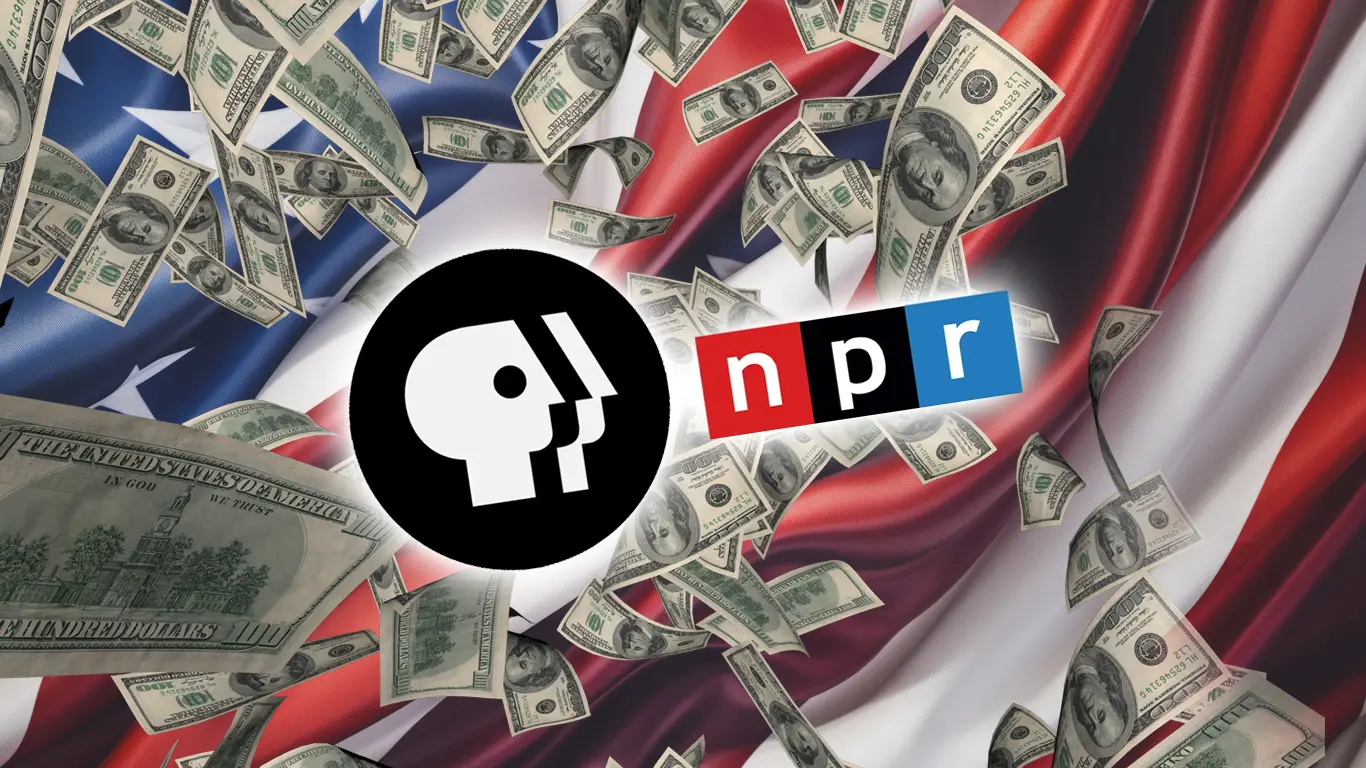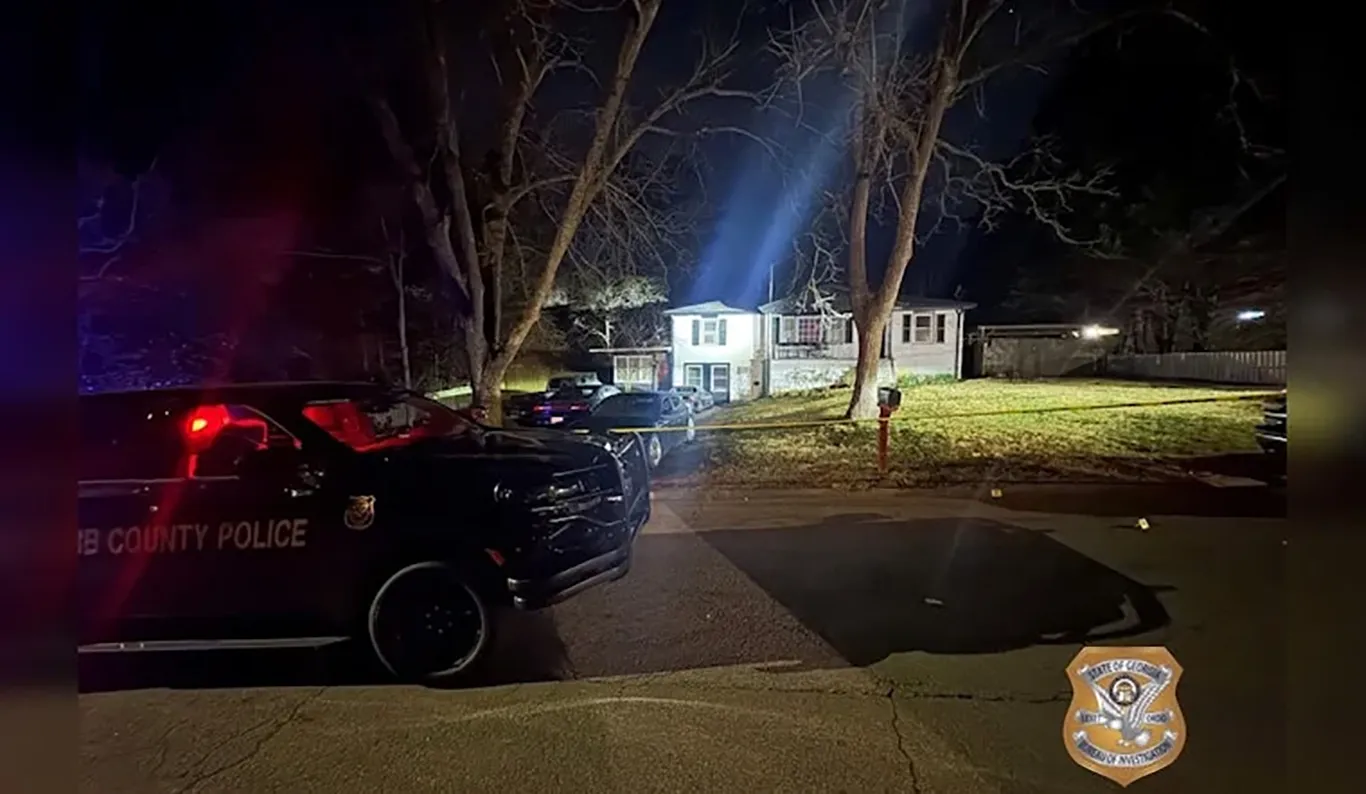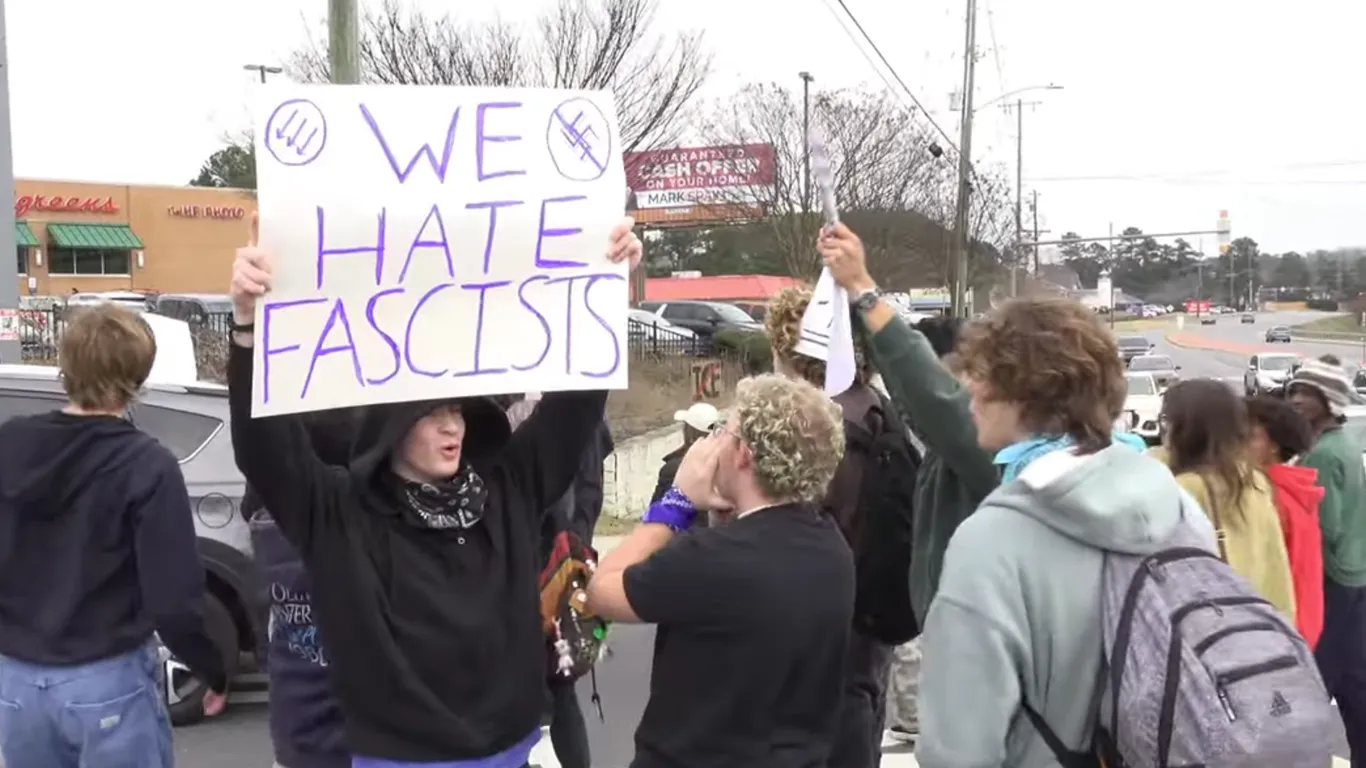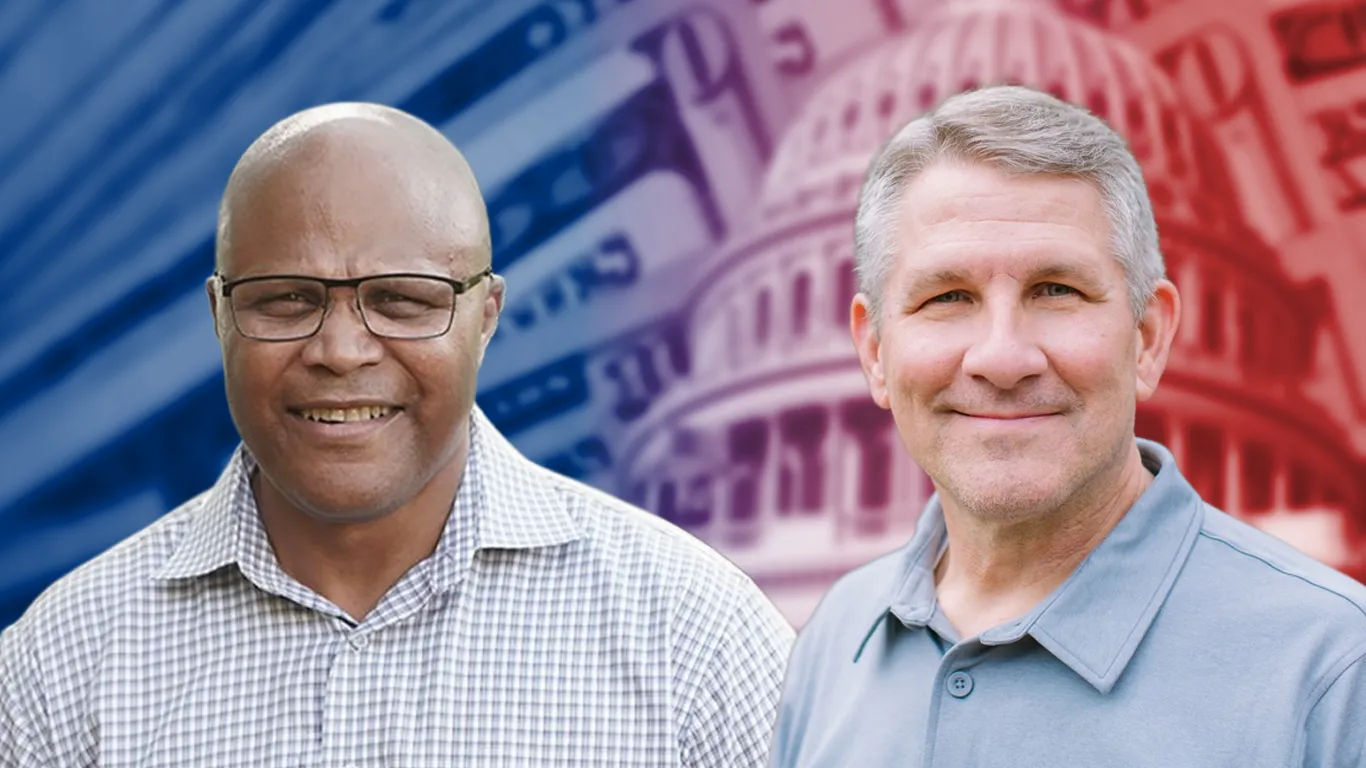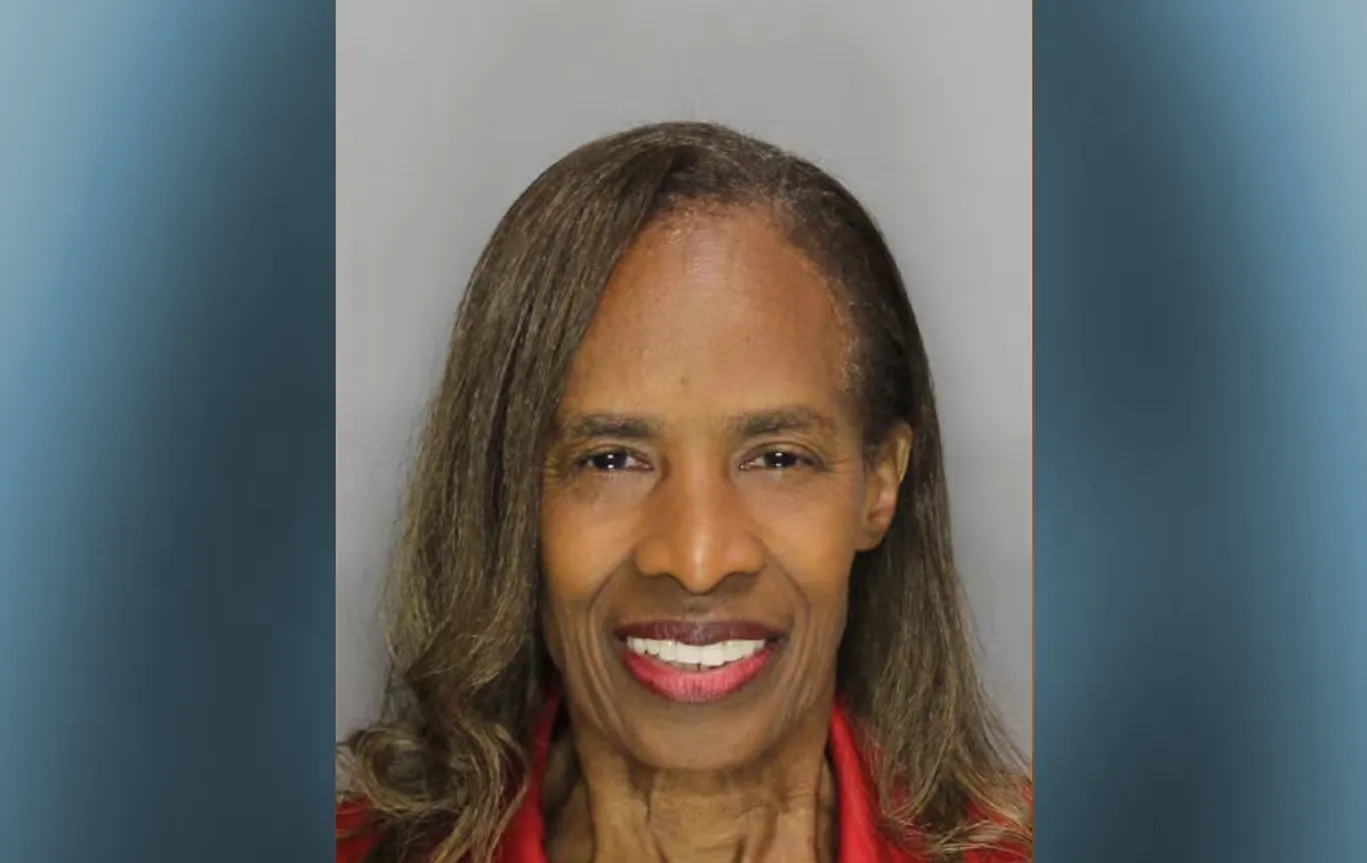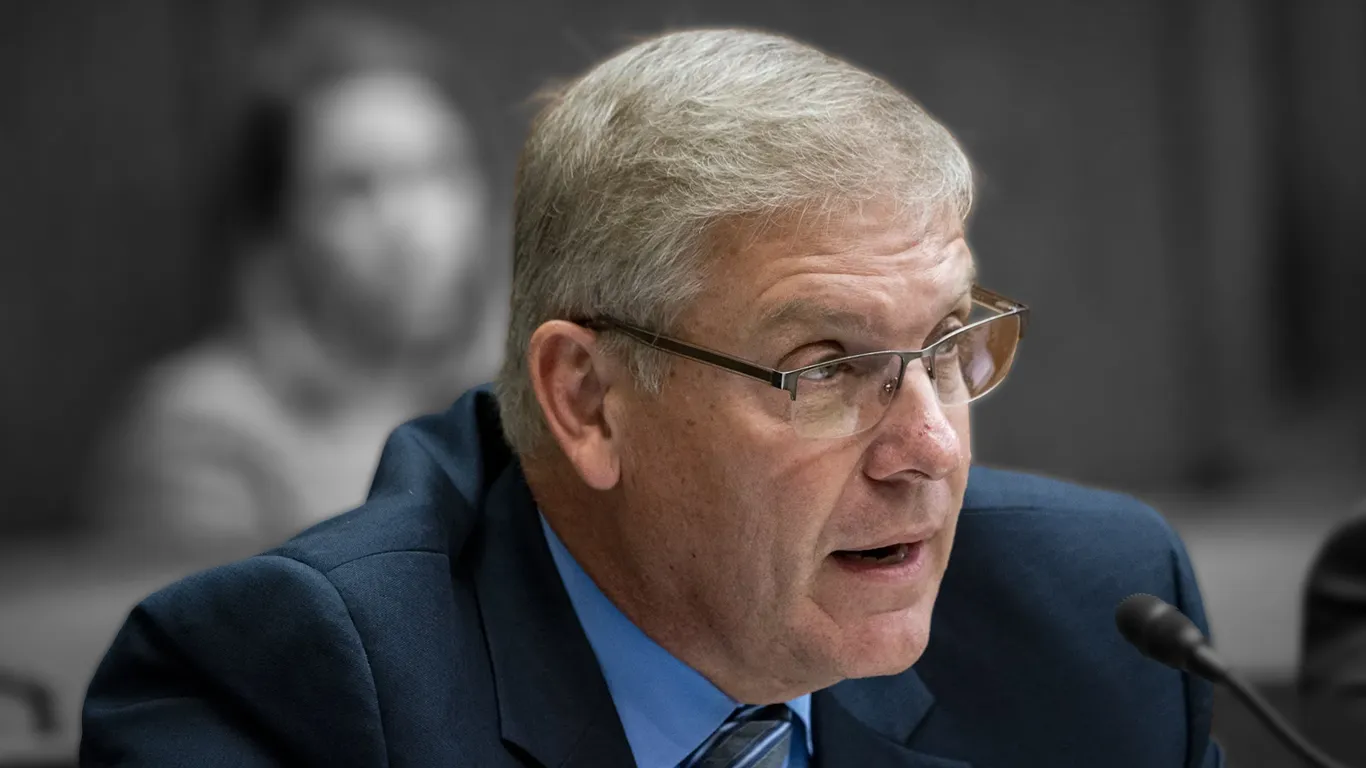President Trump’s Executive Order, signed May 1, 2025, the National Public Radio (NPR) and Public Broadcasting Services (PBS) shall receive no more federal funding. Trump’s rational was the order is clearly stated in the newly minted release.
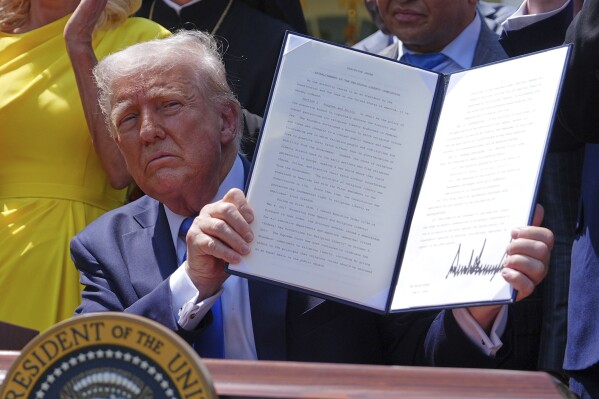
It states, “NPR and PBS have fueled partisanship and left-wing propaganda with taxpayer dollars, which is highly inappropriate and an improper use of taxpayers’ money, as President Trump has stated.”
In Cobb County and Georgia state officials are weighing in on national efforts to end federal support for the Corporation for Public Broadcasting (CPB), which provides funding to outlets such as NPR and PBS. The debate follows recent actions including former President Donald Trump’s executive order and legislation introduced in Congress to prohibit future appropriations for the CPB.
The CPB receives approximately $535 million in annual federal funds, which are distributed to local public television and radio stations across the U.S., including Georgia Public Broadcasting (GPB). In fiscal year 2022, GPB received approximately $4.3 million in federal funds for public television and around $2.3 million for public radio, according to CPB’s grant distribution data. These funds help support content creation, technical infrastructure, and local programming throughout Georgia.
In 2024, Georgia lawmakers passed a state budget that reduced GPB’s state funding from $14.1 million to $12.9 million.
State Senator Blake Tillery, who chairs the Senate Appropriations Committee, stated that the decision was consistent with prior budget practices and was influenced in part by feedback from commercial media outlets questioning the fairness of continued public funding.
Advocacy organizations like the Cato Institute and the Heritage Foundation have offered detailed arguments supporting the withdrawal of federal dollars. According to the Cato Institute, government funding of media introduces risks of political bias and conflicts with the principle of press independence. Cato maintains that journalism must be separate from government influence to ensure credibility and impartiality.
The Heritage Foundation similarly argues that in today’s media-rich environment, taxpayer-funded broadcasting is no longer necessary. The organization points out that NPR and PBS receive substantial private contributions, underwriting, and membership fees, making federal support redundant. They assert that eliminating federal funding would foster a more competitive and independent media marketplace.
In Cobb County, local officials are echoing concerns about responsible budgeting and the role of government in media.
State Representative John Carson of Marietta has suggested that all areas of federal spending—including public broadcasting—should be carefully examined to ensure they reflect the nation’s current fiscal priorities.
Cobb County Commissioner JoAnn Birrell stated that local taxpayers expect thoughtful use of government funds, and if public broadcasters are capable of securing private funding, then federal dollars may be more appropriately directed to infrastructure or education.
Nationally, Representative Marjorie Taylor Greene of Georgia has been among those calling for a complete halt to public broadcasting support, citing ideological concerns and what she describes as a lack of content neutrality.
Leaders from NPR and PBS have previously defended the CPB funding model, emphasizing its importance for rural communities and children’s educational programming.
GPB has not publicly responded to the recent federal developments but has acknowledged past budget reductions and the need to diversify its funding sources.


